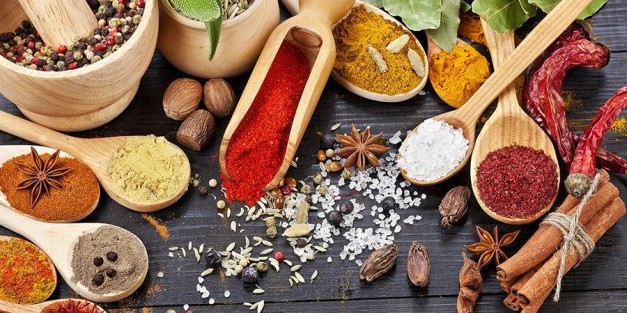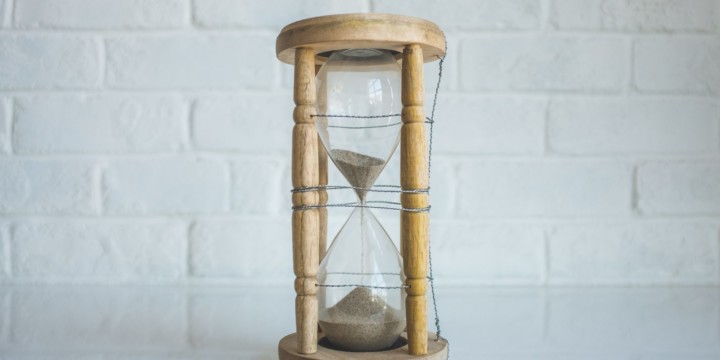Physiology of Chronic Constipation
Chronic constipation is infrequent bowel movements or perceived incomplete evacuation of bowels or difficult passage of stools that persists for several weeks or longer. Symptoms of constipation include having less than 3 bowel movements per week.
Symptoms
- Infrequent bowel movements
- Difficulty passing stools
- Hard or small stools
- The sensation of incomplete evacuation
- Swollen belly or belly pain
- Flatulence and burping
Causes
- Indigestion and coated tongue
- Lack of fiber and water in the diet
- Changes in diets and usual practices
- Stress
- Overuse of laxatives
- Certain medical conditions such as thyroid disorders, diabetes, Parkinson’s disease, pregnancy.
- Certain medications such as antacids, pain medications, blood pressure medications, anti seizure medications and antispasmodics.
- Passage of stools through the colon is slower than normal.
- Obstruction of colon
Treatment in Allopathy
The doctors generally recommend an increase in fiber intake, water, exercises and follow the urge to have a bowel movement. Laxatives and stool softeners are not recommended for more than 2 weeks at a stretch.
Constipation in Ayurveda
Constipation is called Vibandha in Ayurveda. It is a digestive system disorder where the colon is unable to completely evacuate the stool out of the body. The Vata Dosha that is cold and drying is responsible for the hardening and drying of the stools.
Since the basic goal of Ayurveda is to maintain a strong digestive system, it has foolproof solutions for treating chronic constipation.
Treatment in Ayurveda
The treatment in Ayurveda focuses on removing the accumulated toxins from the body, strengthening the digestive fire, and improving the diet and lifestyle to preclude future occurrences of constipation.
Detox
The first line of treatment is to expel all the accumulated waste from the body. Ayurveda focuses on expelling the toxins/ ama through the gastrointestinal system. Fasting, Vamana (emesis) and Virechana (purgation) are some of the Panchakarma techniques used for removing toxins. Castor oil is the best herb for treating constipation. Strong and bitter herbs like senna and rhubarb root are used for the severe condition. Aloe vera is also used for treating constipation for its strong cleansing and lubricating actions. In case you are at home you can use isabgol and Triphala as these are mild laxatives.
Apart from these, regular body massage or Abhyanga helps to calm Vata Dosha. Oleation is the best antidote for vitiated Vata Dosha.
Strengthening of the digestive fire with the right diet
To strengthen the digestive system, warm, moist and unctuous food are prescribed. Ghee and butter should be liberally used in food preparation. Also include oils like sesame, olive and coconut oil in the diet. Drink slightly warm water and herbal tea through the day. Cooked food over raw food is preferred in case of Vata Dosha. Whole grains, fruits, vegetables, nuts, and seeds are ideal. Avoid processed and refined food, caffeine, and alcohol as they vitiate Vata Dosha.
Pineapple, pear and prune juices are particularly effective in balancing Vata.
Lifestyle changes
In terms of lifestyle, it is important to empty the bowels first thing in the morning. Often a glass of warm water or warm herbal tea will stimulate a bowel movement. Yoga postures or a mild massage of the lower abdomen are also helpful. Do not eat cold food and drinks during the eat and finish eating 3-4 hours before sleeping.
A regular walk, Surya Namaskar, Vajrasana (kneeling pose), Pawanmuktasana (wind relieving pose), Ardha-Matsyendrasana (Sitting Half Spinal Twist Pose), Shishuasana/Balasana (Child Pose), and Malasana (Garland Pose) are some of the asanas you can try on a regular basis to keep constipation at bay. Kapalbhati and Anulom-Vilom Pranayam should also be done daily for maximum benefit.
Herbs
Triphala is a power herb for keeping the colon clean. It has properties that balance all the three doshas. You can take 1 teaspoon of Triphala powder at bedtime. Psyllium husk is another natural laxative that helps to bulk and soften the stool for evacuation. Use Guduchi to build immunity.
Constipation in Naturopathy
Naturopathy like Ayurveda considers the health of the digestive system as a sine qua non for good health. It believes that root cause of most of the chronic diseases lies in the weak digestive system.
Treatment in Naturopathy
Naturopathy follows a holistic approach towards treating constipation and address the root causes responsible for constipation.
Fasting and Detox
Fasting and detox form the core of naturopathy treatment. Fasting on juice is carried out to get rid of the accumulated toxins in the body.
Along with fasting liver and kidney detox carried out. Colon hydrotherapy is done to cleanse the colon. Massages, steam therapy, mud therapy and hydrotherapy are some of the techniques used to ease constipation.
Modification of the Diet
As with Ayurveda naturopathy believes in a balanced diet for treating constipation. Processed and refined carbohydrates, sugar, junk and dried fruit should be avoided. Water intake to be increased. Fruits, vegetables, nuts, high-quality fats like ghee, butter, omega 3 fatty acids, whole grains, lean meat and fatty fish to be included in the diet. Mild laxatives like figs, prunes, pears, grapes, raisins need to be included in the diet. Make sure you chew your food properly as the digestion process starts from the mouth itself.
Yoga and Exercise
A regular walk and Yoga helps to increase the movement of the muscles of the colon thereby helping the movement of bowels out of the body.
Surya Namaskar (Sun Salutation), Vajrasana (kneeling pose), Pawanmuktasana (wind relieving pose), Ardha-Matsyendrasana (Sitting Half Spinal Twist Pose), Shishuasana/Balasana (Child Pose), and Bhujangasana (cobra pose) are some of the asanas you can try on a regular basis to keep constipation at bay. Kapalbhati and Anulom-Vilom Pranayam should also be done daily for maximum benefit.
Chronic Constipation and Homeopathy
Constipation can be a serious problem that worsens over the years in spite of taking medicines. In most cases the medicines, usually laxatives, are habit-forming. Homeopathy is definitely a better alternative as it tackles the root cause of constipation and cures it effectively.
Treatment of Constipation in Homeopathy
Constipation can be a due to lifestyle and sedentary habits, genetic predisposition, stress, abuse of laxatives and purgatives, weak pelvic muscles, pregnancy, diabetes and a host of other reasons. Homeopathy can be used effectively to treat acute as well as chronic cases of constipation. Homeopathic medicines heal from within and treat the condition gently with no side-effects.
Listed below are some of the frequently used medicines for constipation.
- Nux Vomica– Nux Vomica is ideal for Type A personalities who are workaholics, working late into the night with little sleep. Coffee and alcohol keep them running and fast-food like pizzas are their regular diet. All the health issues in a Nux Vomica patient have their roots in the gastrointestinal system. Nux Vomica is ideal for people who have problems like acidity, heartburn, constipation and peptic ulcers and bad breath. The person requiring Nux Vomica complains of passing stool frequently but he is never satisfied and fully empty. He strains a lot but never gets the ‘fully done’ feeling. Nux Vomica is also ideal for piles developing due to a lot of straining for stools.
- Alumina– Alumina is indicated for chronic constipation in bottle-fed babies and the elderly people. The keynote for prescribing Alumina is that the person shows absolutely no desire to pass stools for days together. The intestinal function is extremely sluggish and stools are passed only when a large amount is collected. Another characteristic of Alumina is that the person must strain a lot even for soft stools.
- Bryonia Alba– Bryonia Alba is a very effective remedy for constipation. It is indicated in chronic constipation where the person has a distended abdomen. The stools are passed out after a lot of straining and are in the form of dry, burnt lumps. A headache from not passing stools is often a complaint that guides the homeopath to prescribing Bryonia.
- Aesculus Hippocastanum– Aesculus is a very good remedy for piles accompanying constipation. The person needing Aesculus complains of lower back pain. After passing stools with great difficulty he suffers from burning sensation in the anal region. The stools are hard, dry and knotty. Aesculus is often used to treat constipation during pregnancy. Piles and fissures arising after delivery, usually due to constipation during pregnancy, are also effectively treated with Aesculus.
- Silicea- Silicea is an ideal remedy for constipation where the stool recedes back after being partially expelled. Even though the stool is soft, it requires a lot of straining which leaves the person exhausted. Silicea is the perfect remedy for young women who suffer from constipation before and after their periods.
Constipation is a condition that is better prevented than treated. The correct homeopathic remedy along with dietary changes and increase in the physical activity levels is the best way to treat chronic constipation.















